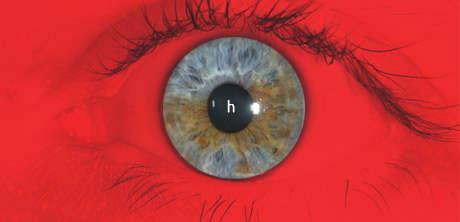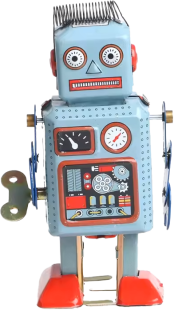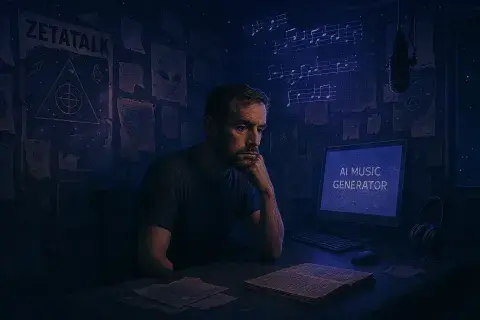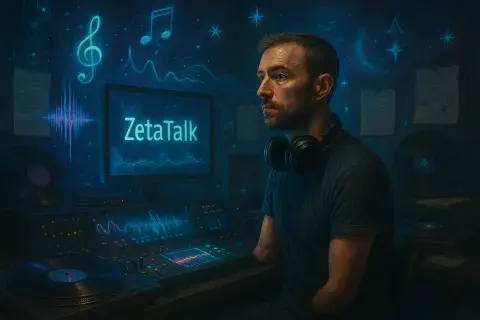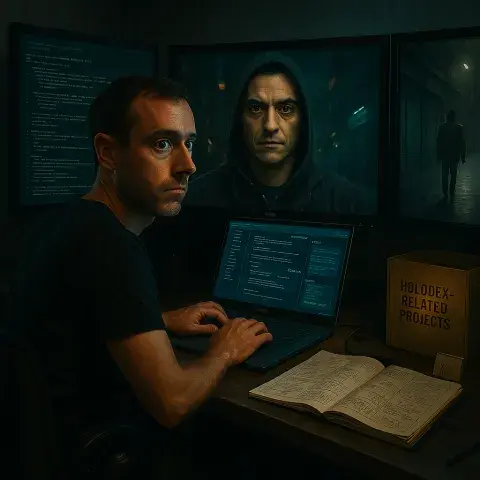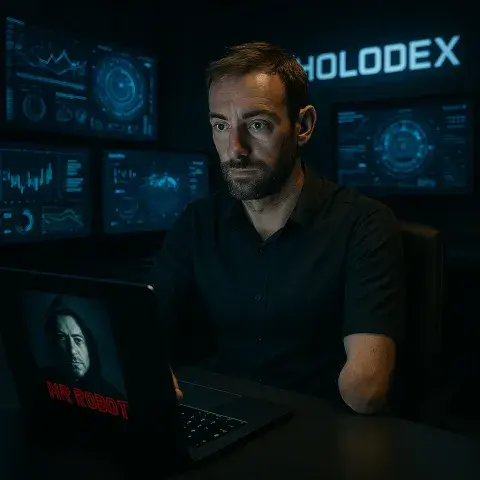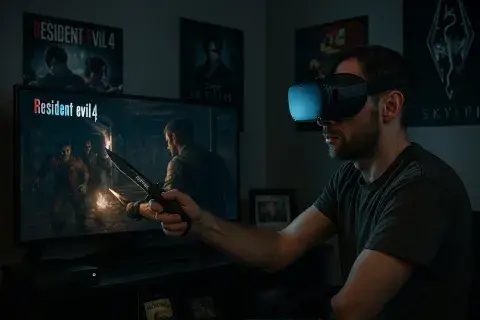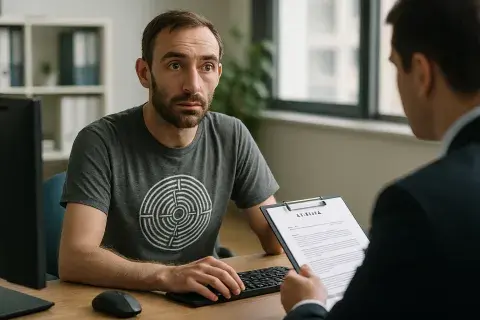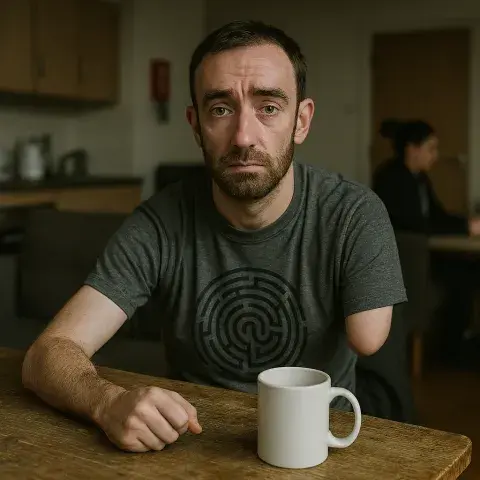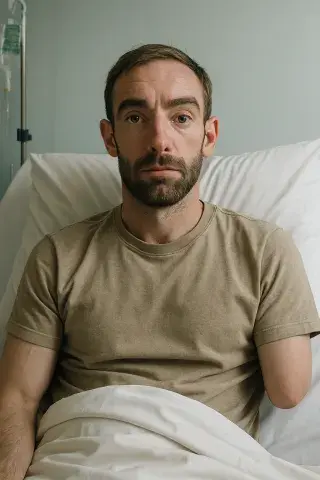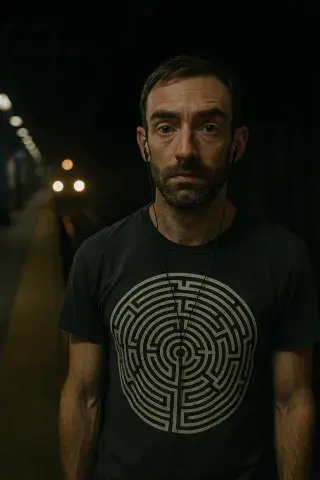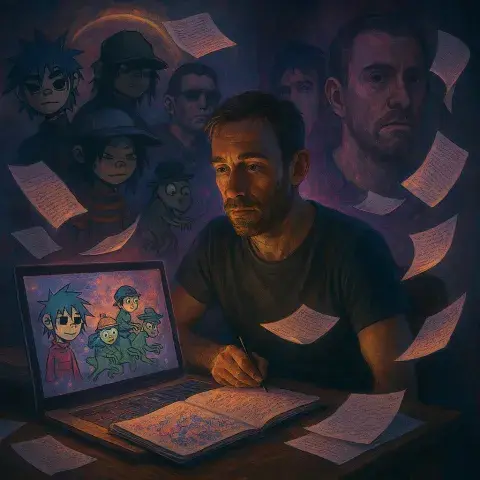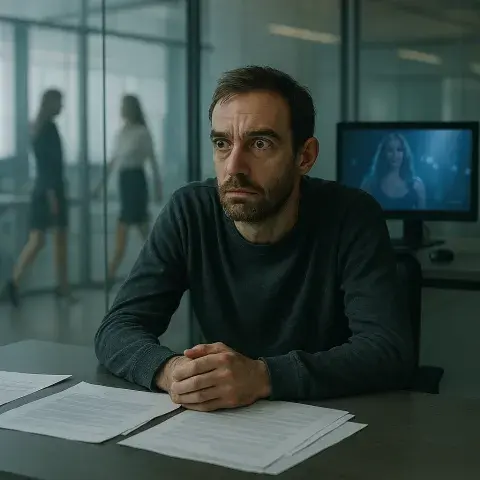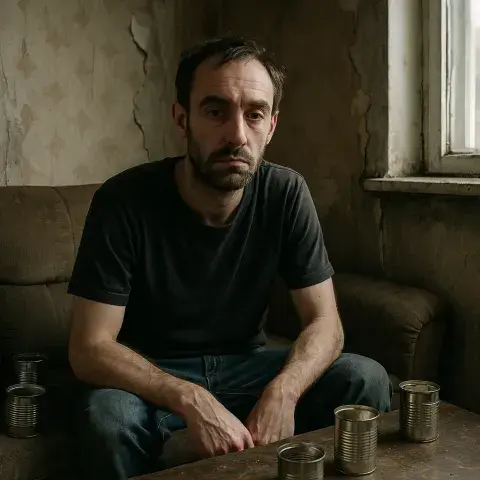Chapter 42 - The Colleague Who Wouldn’t Read
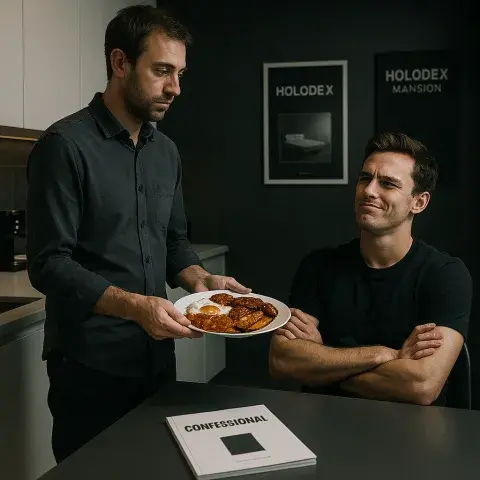
Sharing my confessional story felt like exposing my soul to the world—a risky but necessary endeavour. I handed copies to colleagues, some of whom I trusted, others I simply wanted to see the person behind the pages. Most responded warmly, offering kind words or thoughtful critiques. But there was one who stood out, not for what he said, but for what he didn’t.
I’ll call him Greg. Greg was younger and louder, always acting like he ran the place despite a decade less experience. If I suggested blue, he’d shout red from the rooftops. If I worked late, he’d show up early, making sure everyone noticed.
When I handed him a copy of my book, his reaction was immediate and dismissive. He gave the cover a cursory glance and said, “You didn’t mention me in here, did you?”
I was caught off guard. “No, Greg, it’s not about you. It’s about my life and the things I’ve been through.”
“Yeah, well, maybe I’ll give it a read when you decide to write something more… inclusive,” he said with a smirk, tossing the book onto his desk like it was a piece of junk mail.
I laughed it off at the time, but his words stung. I hadn’t written the book to win approval or stroke egos. It was my truth—a piece of me I’d put out into the world, hoping to connect with others, maybe even inspire them. But Greg? Greg saw it as a slight, as if my failure to include him somehow diminished its value.
At first, his reaction made me angry. How dare he trivialise something so personal? But as the days passed, I found myself reflecting on why it had bothered me so much. The truth was, Greg’s response was a mirror—a reflection of his own insecurities. He didn’t dislike the book because of its content; he disliked it because it didn’t centre him.
And perhaps, in a twisted way, that made me pity him. To live with such a need for validation, to measure one’s worth through the lens of others’ acknowledgment—it must have been exhausting.
I stopped trying to get him to read the book. In fact, I stopped caring what Greg thought altogether. I realised then that sharing my story wasn’t about controlling how others perceived me; it was about finding peace with myself.
I can still remember the phase where I was chasing Russell, the elusive figure who seemed to be the key to unlocking everything. At work, though, it was a different story. Everyone seemed to take endless pleasure in teasing me about it, and I couldn’t escape the jokes. It was like a constant background noise to my mission—always there, always reminding me that they didn’t believe I could pull it off.
The one person who took it the furthest was Greg. He was adamant that I would fail. He was that guy who always had the attitude of "I told you so" before the story even unfolded. Every time I mentioned my pursuit of Russell, he’d shoot me down with his classic smirk, saying, “It’ll never happen.” And then, of course, he’d throw in a bet—always over a fry-up.
It started as a joke. Greg would challenge me, betting me that I wouldn’t succeed in tracking Russell down, in making any headway in my plan. The stakes? A fry-up from the local café. Easy enough, I thought, no problem. So, I took the bets. After all, I was determined to prove him wrong.
But Greg wasn’t as naïve as he appeared. He knew my odds. And sure enough, as the days turned into weeks, I found myself buying him fry-ups again and again. Each time I failed, another plate of eggs, sausages, and bacon would be set in front of him, with a triumphant look on his face. The constant mockery, combined with my own failure, made it feel like I was chasing a mirage.
Still, I didn’t give up. Even as I handed over fry-up after fry-up, I kept chasing Russell. It didn’t matter how many times I lost, how many breakfasts I had to buy. Somewhere, deep down, I knew I had to keep pushing forward, even if the world around me doubted I could make it.
Greg, of course, never let up. Each fry-up came with a smirk that matched the one he gave when he tossed my book aside. But I stopped seeing it as a victory for him. It was just the same old mask—one I no longer needed to acknowledge. But the more he doubted, the more I felt like I was getting closer. Maybe it wasn’t Russell I was chasing anymore. Maybe it was the belief in myself, the drive to prove that even when the world wasn’t on my side, I could keep going.
Looking back now, I realize that those moments—those countless fry-ups—were more than just an annoying challenge. They were a reminder of the persistence I had, the resilience that kept me going. Sure, I might have lost a lot of bets, but in the end, I gained something far more valuable: the understanding that failure wasn’t the end—it was part of the process. And sometimes, the best victories come not when you win the bet, but when you keep going, despite all the odds stacked against you.
In the end, Greg might have been right about some things, but I knew, deep down, that the real victory wasn’t in proving him wrong—it was in proving to myself that I could keep going, no matter how many fry-ups it took.
I may have lost count of the fry-ups, but I gained something Greg never saw coming—a taste for persistence. He thought he was collecting fry-ups. I was collecting proof that I’d outgrow him.
